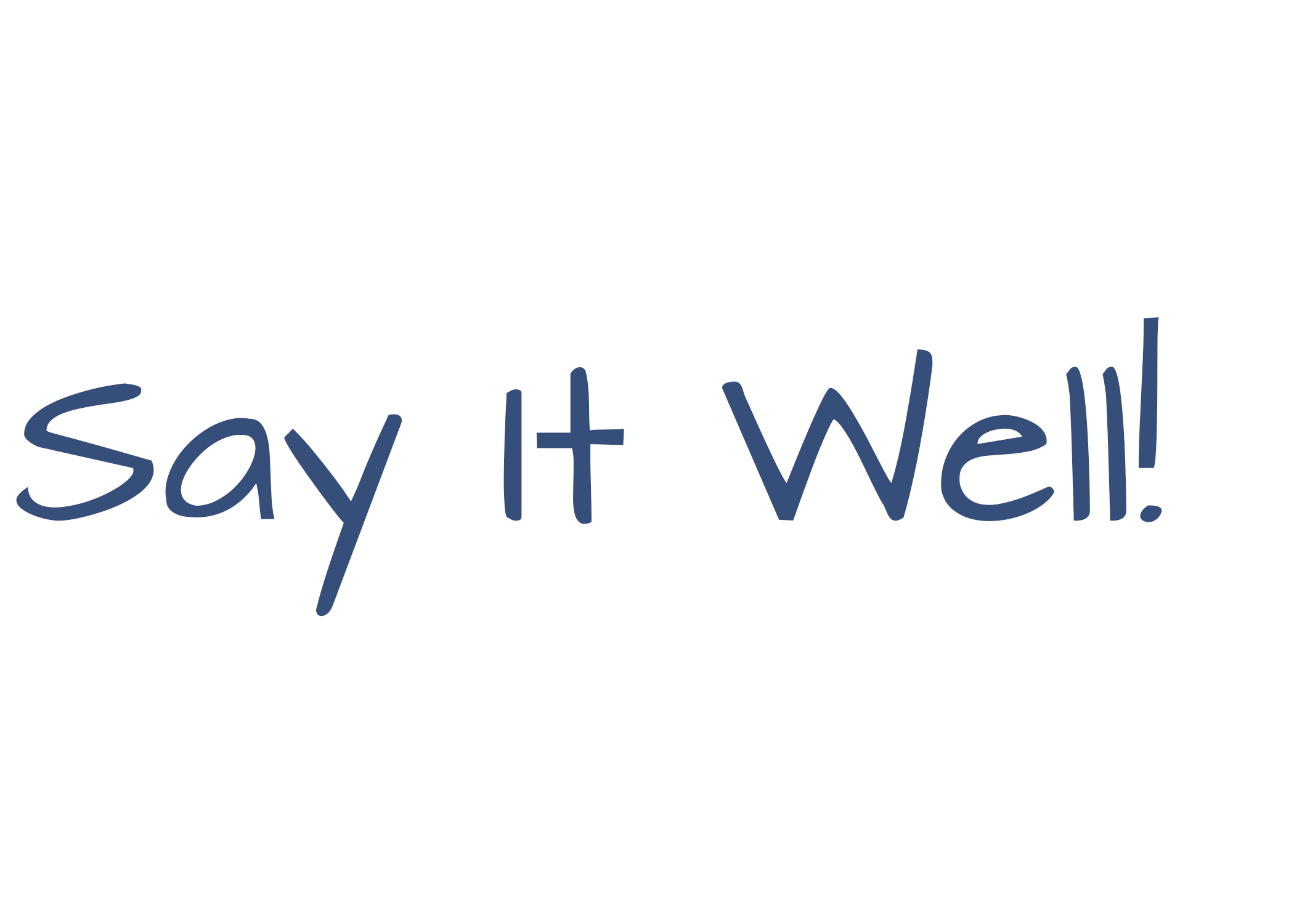Pardon My Asking ... What’s New?
By
Candice M. Coleman, Ph.D.
The biblical account of Shadrach, Meshach and Abed-nego in the midst of the fiery furnace (Daniel 3) is a well-loved story many of us learned in Sunday School. Let’s see if we can find some freshness in it by using the logical principles and conversational patterns of Analytical Reading.
(Quick Tip — You might want to insert the quotation marks around all direct quotations to make it easier to determine the speaker and when they’re speaking. There are several characters to keep track of in this story.)
Let’s look at verses five and six.
That at what time ye hear the sound of ... all kinds of music, ye fall down and worship the golden image that Nebuchadnezzar the king hath set up:
And whoso falleth not down and worshippeth shall the same hour be cast into the midst of a burning fiery furnace.
After reading the command in vs. 5 to “fall down and worship the golden image,” is the idea of “falling down and worshiping,” new or old in vs. 6? In conversation, we generally stress new ideas and subdue old ones (See, Giving the Sense: How to Read Aloud with Meaning, p. 15). So if “falling down and worshiping” is old, we need to see if we can find something new to stress.
What about “not”? As a general rule, we don’t stress negatives because they’re naturally emphatic and adding additional stress can make them seem overly strong to listeners. However, if they are in direct contrast with a previous idea, we often do. So, could “not” not only be a new idea, but a contrast with something in vs. 5? Maybe “fall down and worship”? If so, you’d want to stress “not” and subdue what is old — “falleth down and worshippeth.”
And whoso falleth not down and worshippeth …
Now, let’s go down to verses 24 and 25
24 ... “Did we not cast three men bound into the midst of the fire?” They answered and said unto the king, “True, O king.”
25 He answered and said, “Lo, I see four men loose, walking in the midst of the fire, ...” [Quotation marks added.]
Thinking again of contrasts, do you see 2 possible pairs of contrasts between the two verses? The first one is the most obvious. What is “three” in contrast with? Right! “Four.” Now, what could “bound” be in contrast with? Right again! “Loose.” So, you would stress (underline) all 4 ideas.
But there’s one other possible idea to stress here. If in vs. 24 the three men were “bound,” not only were they “loose” in vs. 25, but what were they doing? Certainly not sitting there waiting to be consumed! Weren’t they “walking”?
24 ... “Did we not cast three men bound into the midst of the fire?” They answered and said unto the king, “True, O king.”
25 He answered and said, “Lo, I see four men loose, walking in the midst of the fire, ...”
(Quick Tip — There are three primary ways we use our voices to stress ideas — volume, duration, pitch. For those of us who read into a microphone, raising the pitch will probably be used most often.)
One last verse – Dan. 3:27.
27 ... saw these men, upon whose bodies the fire had no power, nor was an hair of their head singed, neither were their coats changed, nor the smell of fire had passed on them.
In the last phrase, is the idea of “fire” new or old? Old, right? Is “had passed on them” new or old? Old again, right? What’s left? Isn’t it “smell”? Not only weren’t their hair and clothes burned, they didn’t even ________ like fire!
(Quick Tip — I like to mark my books, script or copy to make sure that the way I worked it out is the way I ultimately read it. I underline words I want to stress and put a light “squiggle” (strike through) through those words I want to subdue. Please use PENCIL so you can erase your marks if you change your mind. Using something impermanent like chalk, will erase too quickly and won’t be there if you have to read the verse or passage in the future.)
Reading out loud isn’t hard, but to make it meaningful and conversational we have to be aware of the logical principles and conversational patterns which underlie our everyday speech. I’ve found that Analytical Reading helps me and my coaching clients do exactly that.
For more information on voice and speech, you might want to download The Expressive Voice Audio Coach. and other learning resources.
View All Analytical Reading Articles
©2019, Say It Well! Permission is given to reprint this article if the following is included: Reprinted by permission of Dr. Candice M. Coleman. She can be reached at 386-402-7047.

